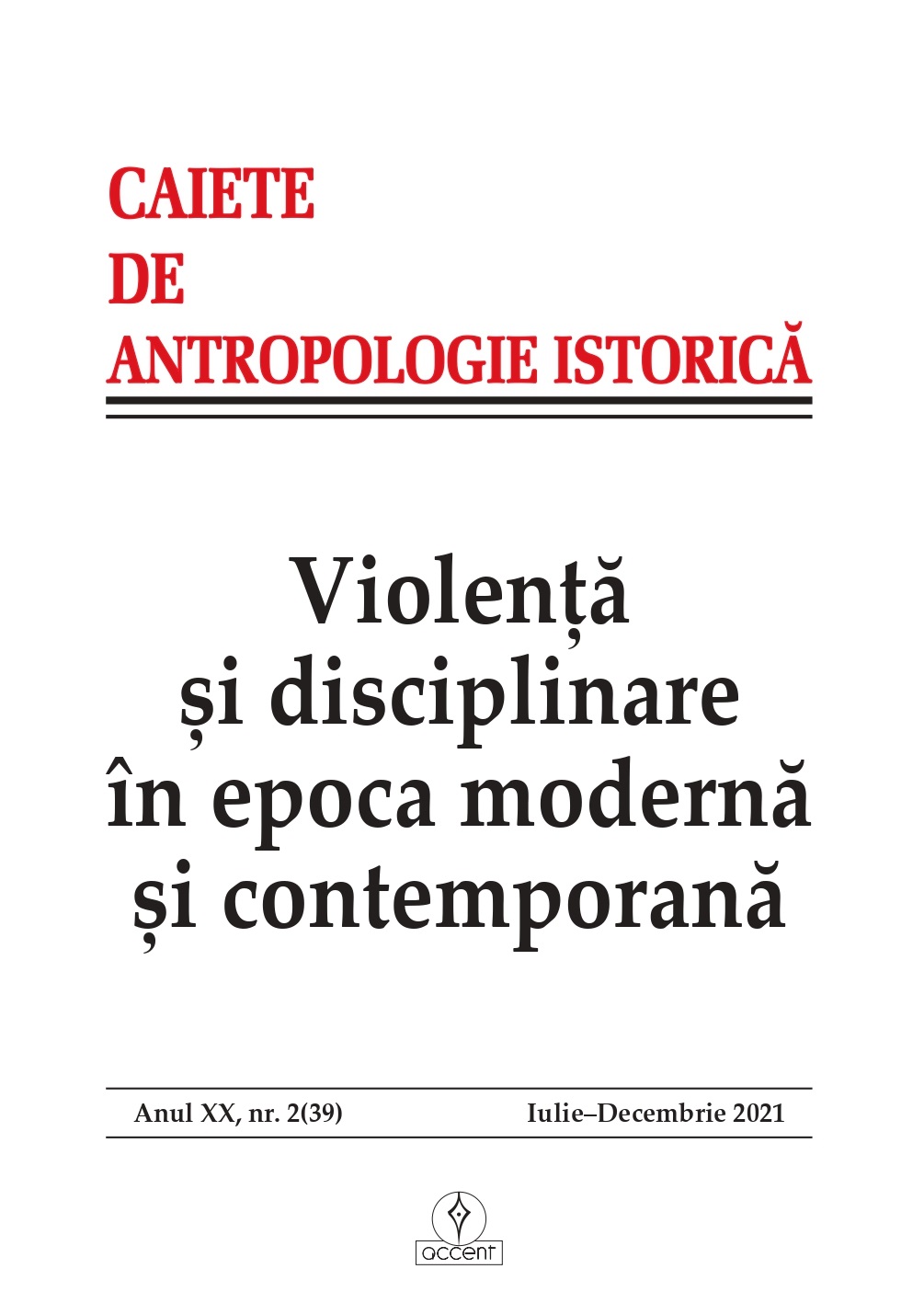Relația dintre învățători și săteni în regimul austro-ungar. Comunitate și disciplinare
The relationship between teachers and villagers in the Austro-Hungarian regime. Community and discipline
Author(s): Cristian Lupu, Mariana-Daniela ȘiposSubject(s): Local History / Microhistory, Social history, History of Education, 19th Century
Published by: Accent Publisher
Keywords: Transylvania; the Austro-Hungarian regime; primary school; teachers; pupils; parents; education; culture;
Summary/Abstract: The role of cultural and disciplinary intermediary of the rural teacher was not easy at all. The conservative world of the village hardly accepted the changes, including those related to schooling. In a world where the lucrative spheres were rigorously and rigidly established, the teacher had to enter the family status quo and educate the children for the benefit of the community and national values. The essential pedagogical requirements of the teacher were good professional training and morality. In relation to the parents of the schoolchildren, the teacher was urged to be always kind, impartial and sincere. For financial reasons, in many Transylvanian villages the community paid only one person to be both a singer (church singer) and a teacher. In some localities, the villagers were the ones who decided to separate the two positions, of singer and teacher. Being in the middle of the community, the teacher had the obligation to extend his beneficent influence to the farthest corners of the village.
Journal: Caiete de Antropologie Istorică
- Issue Year: 2021
- Issue No: 39
- Page Range: 36-43
- Page Count: 8
- Language: Romanian

